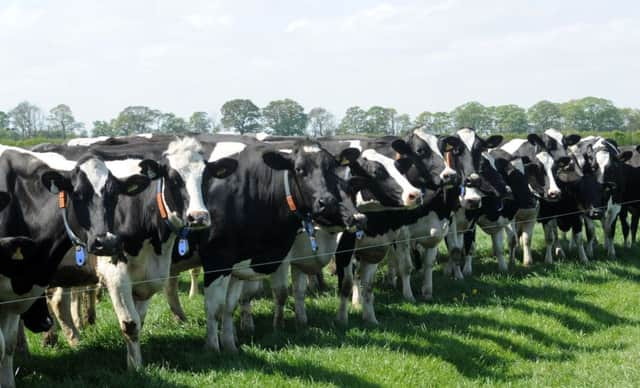Sales of raw milk look to be safe


The Food Standards Agency (FSA) has published its proposals after an evaluation of the current controls to make sure they are clear, consistent and control the public health risks associated with raw milk, particularly for emerging sales routes such as the internet and vending machines.
The review covered England, Wales, and Northern Ireland. The sale of raw milk is banned in Scotland.
Advertisement
Hide AdAdvertisement
Hide AdThe FSA’s current preferred approach would be to retain the existing restriction on sales and add some clarity to the rules around the other sales routes, regularise the labelling requirements and work with producers to harmonise controls for raw milk from species other than cows.
Steve Wearne, head of policy at the FSA, said: “The FSA’s view remains that pasteurisation is the best way to address the risk from raw milk because this will destroy any germs that might cause illness. However, we acknowledge there is a market for raw milk and strong support for consumers to be allowed to make informed choices.”
Robert Newbery, chief dairy adviser at the National Farmers’ Union, said: “The sale of raw milk is important to a number of our members and is highly valued by their customers. It is important that future controls on the sale of this wholesome product are proportionate and appropriate for the modern consumer and dairy farmer.”
The FSA would like to hear from a broad range of stakeholders about its current preferred approach by 30 April, before it reaches a final decision.
For full details of the consultation, visit www.food.gov.uk/news-updates/consultations/consultations-england